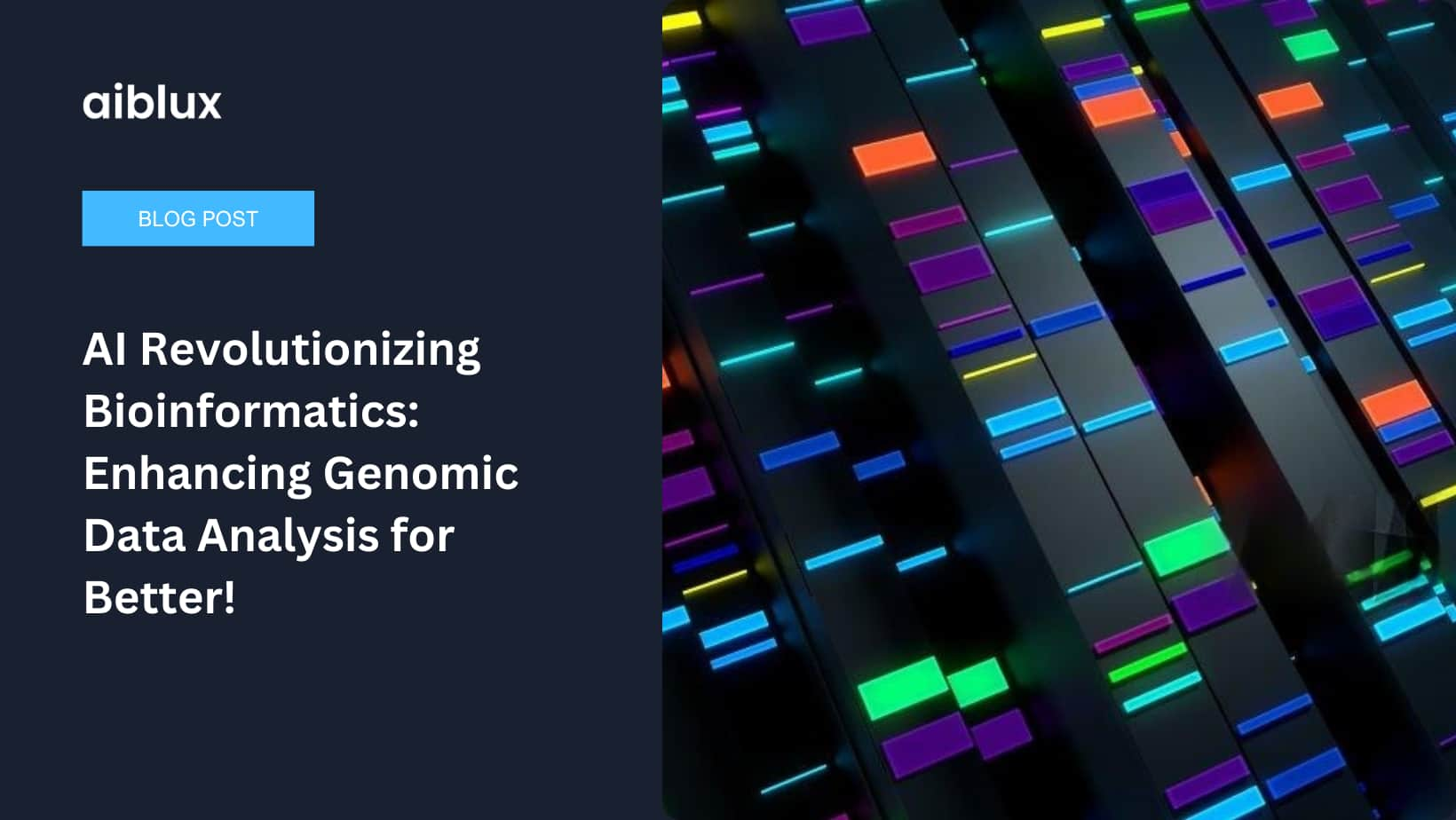INTRODUCTION:
The field of Bioinformatics, which utilizes the computational techniques and tools to gather, store, analyze and interpret the biological data is witnessing remarkable transformations mainly attributed to the rapid advancements in the Artificial Intelligence (AI) technologies. One such manifestation of AI revolution is the evolving scope of the genomic data analysis to transform the world of bioinformatics.
This discipline is at the center stage, playing a crucial role in decoding the complex biological processes, accelerating drug discovery and understanding the genetic variations among many other applications.
Moreover, the AI integration in Bioinformatics has opened up new avenues for the researchers and scientists for breakthroughs in personalized medicines, genomics and proteomics.
Various AI techniques adopted in Bioinformatics such as Machine Learning and Deep Learning have greatly increased the efficiency and accuracy. This blog post explores the integration of the AI in bioinformatics leading to the development in the Genomic Data Analysis
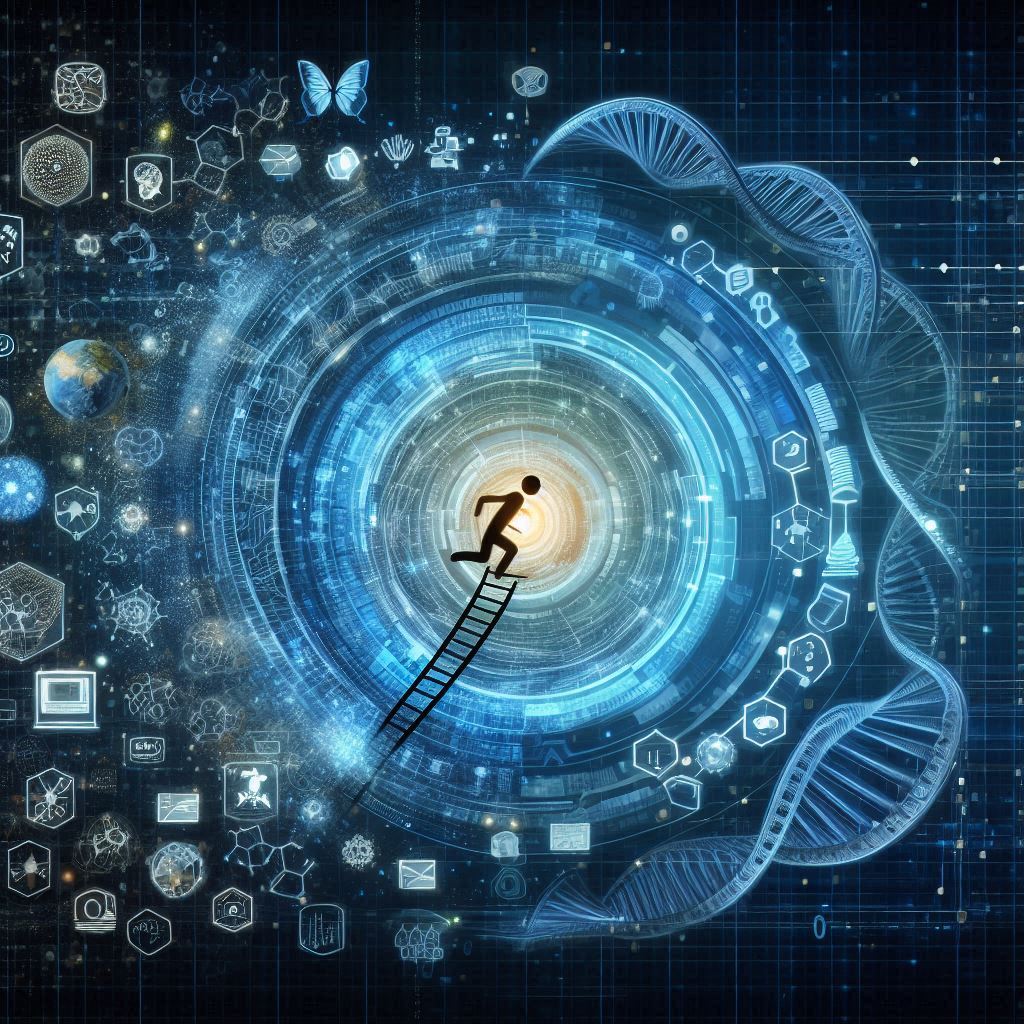
HOW AI IS TRANSFORMING GENOMICS:
The transformative discoveries in the life sciences are attributed to the evolving symbiotic relationship between AI and Bioinformatics. The synergy between the two fields has the potential to revolutionize the healthcare setup, early disease detection, enabling personalized treatment plans and the improved patient outcomes.
It is also pertinent to mention that AI and accelerated computing are paving ways in genomic sequencing workflow in genomic data analysis.
As the field of genomics deals with the structure, function and the mapping of the genomes, hence, generating enormous datasets makes it the prime candidate for the AI-powered solutions to analyze and interpret the genomic data.
Rapid advancements in the domain of whole genome sequencing have ignited a revolution in digital biology. Whole genome sequencing is rapidly becoming an important step in the drug discovery and clinical workflows.
KEY APPLICATIONS IN BIOINFORMATICS AND CURRENT TRENDS:
AI helps the bioinformaticians by automating the pattern recognition process, predictive modelling and data classification. It also allows them to extract key outcomes from the massive and complex datasets which would otherwise be impossible through the traditional methods.
Below is the overview of key areas of applications as well as the current trajectory in the Bioinformatics:
1) Protein Structure Prediction:
AI-powered tools like AlphaFold have revolutionized the protein structure prediction providing insights into the molecular mechanisms and the disease pathways.
2) Genomic Data Annotation:
CNN or Convolutional Neural Networks aid in the identification of the functional elements into the genome as well as predicting gene functions, identifying regulatory elements and annotating the mutations which plays a pivotal role in the genomic data analysis.
3) Predictive Genomics:
Genomic data can be analyzed via the AI models in order to analyze a person’s susceptibility to diseases paving the way for the personalized medicines healthcare providers to tailor the treatments based on one’s genetic makeup.
4) Variant Calling and Mutation Detection:
It is also possible to detect and classify the genetic variants from data sequencing by employing the Machine Learning (ML) algorithms. This results in more accurate identification of the diseases-causing mutations.
5) Gene Expression Analysis:
It is also fascinating to predict the gene expression levels, which will be helpful in providing the useful information on how genes are regulated and how they interact within a cell.
6) Contribution of AI in the Personalized Medicine:
AI-Powered personalized or precision medicine is considered as one of the most promising applications of AI in bioinformatics. It provides a detailed analysis of the patient’s genome and can help in predicting the probability of developing certain health conditions, suggesting the preventive measures as well as recommending the personalized treatment options. To name one, AI-driven pharmacogenomics can predict the response of the patients towards the specific drugs based on their genetic portfolio hence reducing the adverse reactions by 50% in the clinical settings.
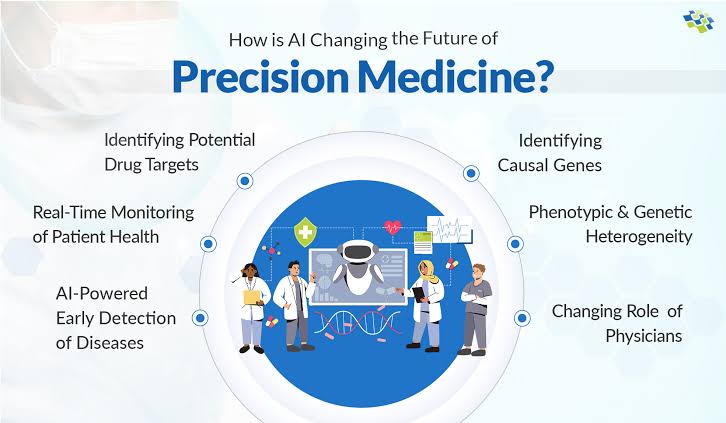
AI-POWERED GENOMIC DATA ANALYSIS: A BIRD’S EYE VIEW
1) Massive Data Growth:
It is interesting to note that sequencing the whole genome sequencing of an individual generates around 100 gigabytes of the raw data that more than doubles after the genome is sequenced via complex algorithms and applications like Deep Learning and Natural Language Processing. By 2025, an estimated 40 exabytes will be required to store all human genomic data.
2) Increased Speed of Analysis:
With the help of the AI integrated tools, the time required for the genomic sequencing analysis can be reduced from days to hours.
3) Cost Reduction:
The average cost of the genome sequencing has dropped by 99.9% in the last decade due to the AI-driven efficiency improvements.
4) Improved Accuracy:
AI algorithms can greatly improve the accuracy of the variant detection by 15-20% as compared to the traditional methods, therefore, increasing the precision and efficiency crucial for diseases diagnosis and drug discovery.

CHALLENGES AND ETHICAL CONSIDERATIONS OF AI IN GENOMICS:
While the future of AI in bioinformatics looks promising, there are several challenges and ethical considerations that must be addressed:
1) Data Privacy and Security:
As AI systems process increasingly large and sensitive datasets, ensuring genomic data privacy and compliance with regulations like GDPR is critical.
2) Interpreting AI Models:
Many deep learning models function as “black boxes,” where their decision-making process is not easily understood. Transparent AI systems are crucial for gaining trust in clinical applications.
3) Data Quality:
The success of AI models depends on the quality of the data they are trained on. Inaccurate, incomplete, or biased datasets can lead to erroneous predictions.
4) Regulatory Hurdles:
Bringing AI-based solutions to the market, particularly in healthcare and drug development, requires meeting stringent regulatory standards, which can slow down progress.
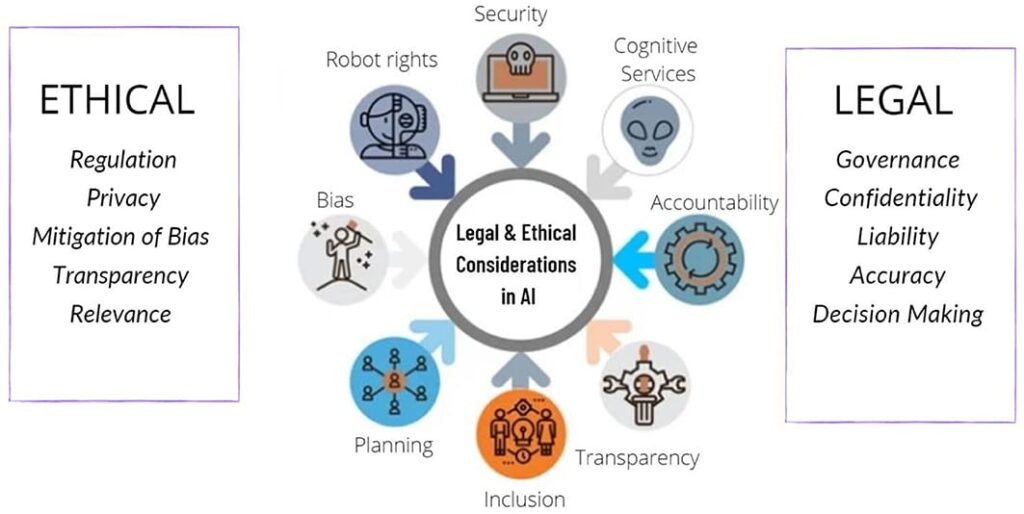
KEY DEVELOPMENTS IN AI-DRIVEN BIOINFORMATICS: THE FUTURE
Looking ahead, the prospects of research in this domain should especially focus on developing AI that are interpretable, explainable as well as robust. Moreover, the collaborative efforts between the bioinformaticians, computer scientists and domain experts will be instrumental in realizing the potential of AI in bioinformatics to its fullest. This will be a leap forward in understanding the complex biological systems.
LET’S ANALYZE A BRIEF OVERVIEW OF THE FUTURE DIRECTION OF AI IN BIOINFORMATICS
AI models will be helpful in predicting the drug interactions with target proteins more accurately with fewer failed trials.
It will also result in improving the accuracy of variant calling, identifying mutations with higher precision.
Predictive Genomics will become the mainstream, in which the AI can predict not only the diseases but also how the patients will be responding to the different treatments.
Researchers will use AI in the identification of the novel biomarkers and drug targets by analyzing the integrated datasets at scale.
AI systems and algorithms will also enable the early detection of the pandemics by analyzing the patterns in the genomic mutations and tracking the pathogenic spread.
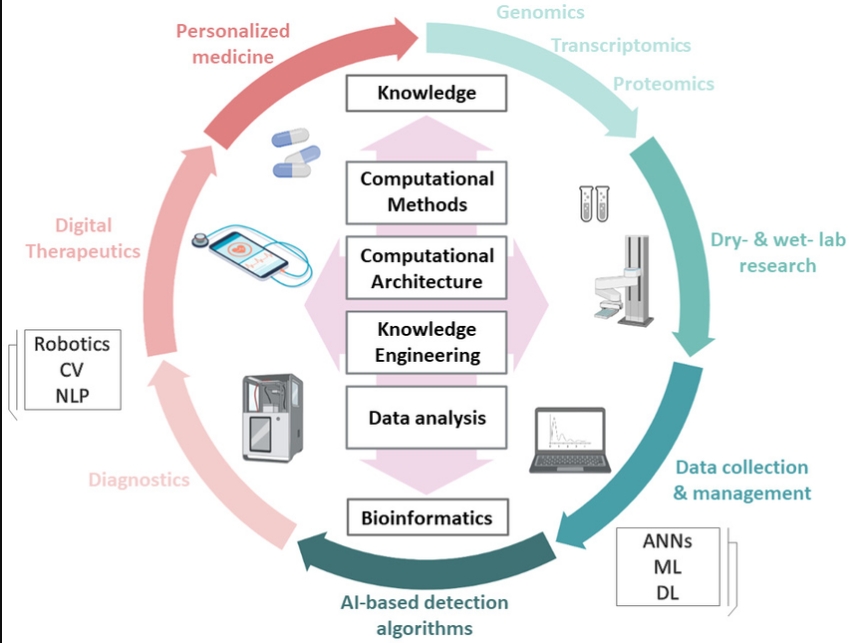
HOW AIBLUX IS EMPOWERING BIOINFORMATICS WITH AI:
1) Custom AI Solutions Tailored to Your Needs
At AIBLUX, we specialize in building custom AI solutions that address the unique challenges of genomic data analysis. Our team of experts works closely with clients to understand their specific requirements, ensuring that our AI-driven solutions are perfectly aligned with their goals.
2) End-to-End AI Services for Bioinformatics
Our services extend beyond just AI implementation. We provide end-to-end support, from initial consultation and strategy development to deployment and maintenance. Our approach is rooted in agile methodologies, ensuring flexibility and adaptability throughout the project lifecycle.
3) Long-Term Partnerships for Sustainable Innovation
At AIBLUX, we believe in building long-term partnerships with our clients, helping them stay ahead of the curve in this rapidly evolving field. By continuously innovating and adapting to new technologies, we ensure that our clients remain at the forefront of bioinformatics and AI-driven solutions.
CONCLUSION:
AI in bioinformatics is revolutionizing the way we analyze genomic data, offering unprecedented accuracy, speed, and insights. It is also allowing the researchers, scientists as well as AI experts to unlock the mysteries of life and transform the healthcare. At AIBLUX, we provide tailored AI solutions that empower our clients to harness its full potential by pushing the boundaries of the biological knowledge, hence, paving the way for the more sustainable future and healthcare.
Contact Us:
Ready to transform your bioinformatics capabilities with AI? Contact us to explore our custom solutions tailored to your unique needs or explore our services to discover how we can help you achieve your goals.
